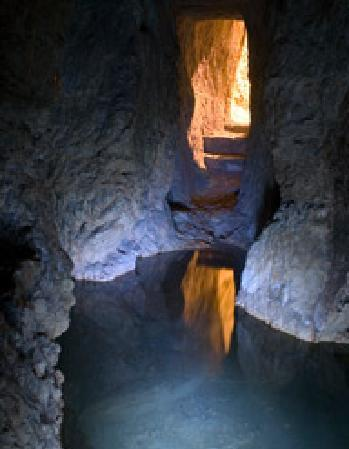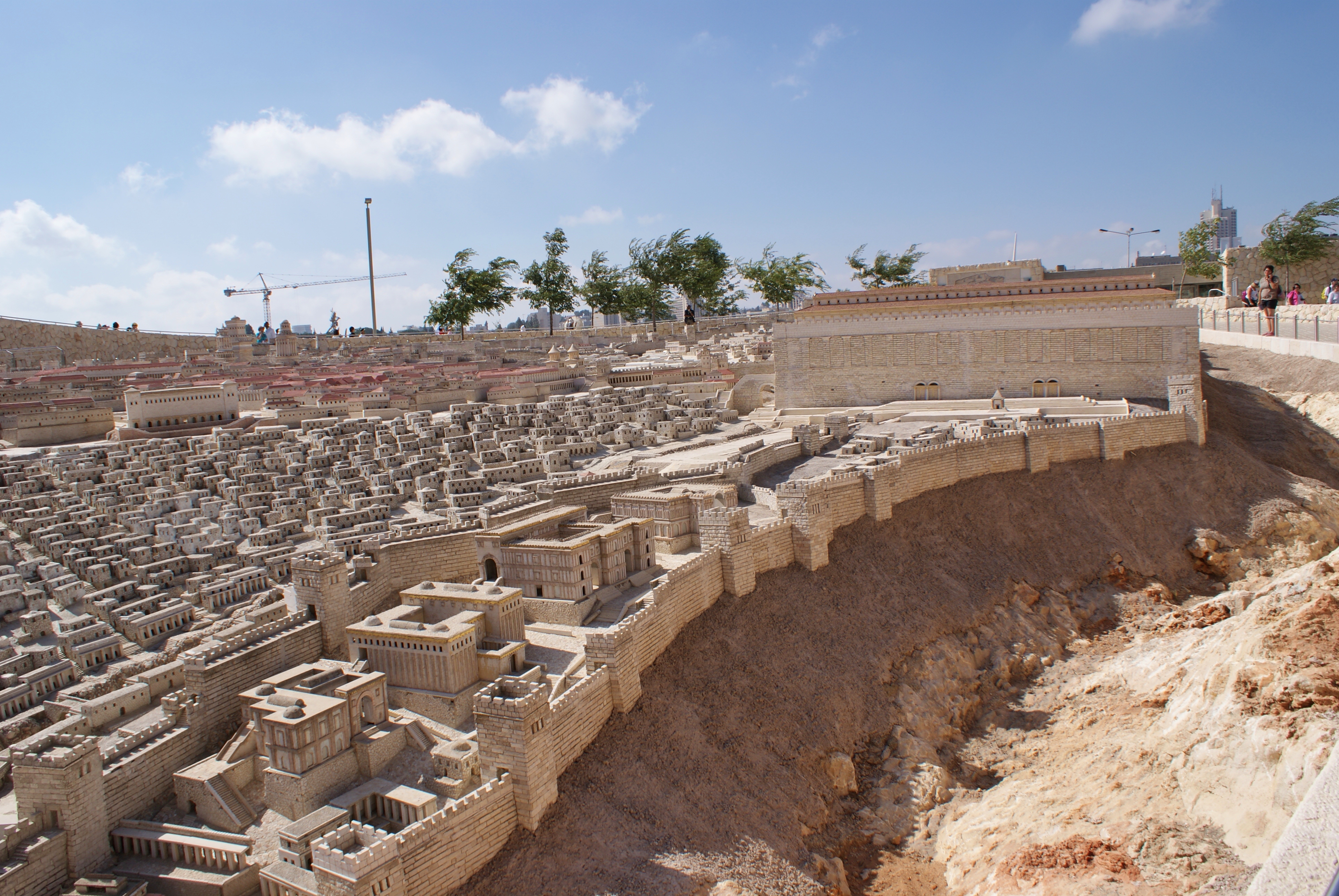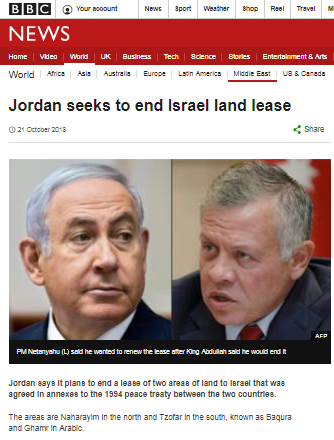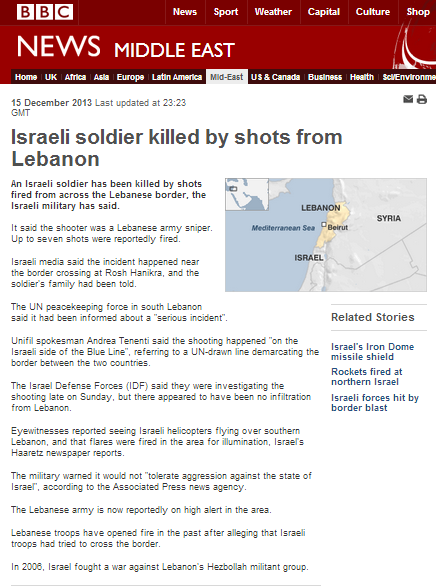In his continuing efforts to convince BBC audiences that the two-state solution is as dead as a dodo (see ‘chapter one’ of that effort here), the BBC’s Middle East Editor Jeremy Bowen produced an audio report broadcast on BBC Radio 4 on April 29th, which is available here. The item was probably broadcast on the ‘Today’ programme, but unfortunately the entry for that day on the webpage is actually the edition previously broadcast on April 22nd.
Sticking faithfully to the line promoted in other BBC coverage of the end of the negotiations (according to which they ceased solely because Israel suspended them) the presenter introduces Bowen’s item:
“This morning was supposed to be the deadline for the latest round of peace talks between Israel and the Palestinians. Before they started last year the American Secretary of State John Kerry said they might be the last chance for peace. Well…err….the Israeli Prime Minister Binyamin Netanyahu who suspended the talks last week, he blames the Palestinians, they blame him, President Obama blames both sides. Talks have been going on – on and off – for more than two decades now and the objective’s been the so-called two-state solution which would produce – it is said – peace by creating an independent Palestine alongside Israel. Now these negotiations have failed time and again. Our Middle East Editor Jeremy Bowen is in Jerusalem and he wonders if it’s time to face up to the fact that the two-state solution isn’t going to come about.”
Bowen introduces his item by engaging in his usual practice of pretending that history in the Middle East only began in 1967 and erasing from the picture any mention of the fact that prior to the 19-year Jordanian occupation of the city, there was no separate ‘East’ Jerusalem.
“I’m in East Jerusalem – or rather under it. This tunnel is very narrow, it’s about at the moment knee-deep in cold water and it is pitch black. East Jerusalem was captured by Israel from Jordan in the 1967 war and it’s claimed by the Palestinians as capital of their future state. But down here, in a water course which is getting on for three thousand years old, that it not a view which is popular because this is an archaeological site that shows evidence that Jewish kings David and Solomon were here. For many of the Israelis who visit here every year and lots of other people too, all this is proof of Israel’s claim to Jerusalem – to all of Jerusalem. It’s a remarkable piece of engineering from the world of 2,700 years ago, but of course this is Jerusalem so it’s about a lot more than archaeology; it’s about politics as well, it’s about religion and it’s about building states: Israel and a future Palestine.”
Bowen then goes on to imply some sort of redundant linkage between the City of David archaeological site and the negotiations, perhaps forgetting that during the past twenty years, Israelis have of course not put their country on hold.
“The City of David site, which is still expanding, has been developed during the years of the peace talks. City of David’s vice-president Doron Spielman says everything they’ve found here means this part of East Jerusalem should never be part of the capital of a Palestinian state.”
The recording then cuts to a short statement by Doron Spielman, after which Bowen returns.
“The site [City of David] is in the midst of a scruffy, overgrown Palestinian village called Silwan which is right on the edge of the Old City. Since the peace process started Israeli settlers have moved into some of the buildings here under armed guard paid for by the Israeli government.”
Again, Bowen’s implied linkage between the peace process and the fact that people have relocated to a neighbourhood of Israel’s capital city is gratuitous. Of course Bowen does not bother to clarify to listeners that Silwan was also previously known as Kfar Shiloach, that its Jewish residents were expelled by British Mandate forces after waves of Arab rioting or that like the rest of the area conquered by Jordan in 1948, its subsequent annexation by Jordan was not recognized by the international community.
Later, Bowen goes on to say:
“I’m here [in Silwan] with a local man; a Palestinian activist called Jawad Siam and he’s been campaigning against what Israel’s doing here, which he says is illegal. He says it’s creeping colonization of land that should be part of the capital of an independent Palestinian state. And what’s more, he says it’s happening at the expense of Palestinians who are being forced out of their homes.”
Despite the stipulation in the BBC editorial guidelines which states the necessity of the “need to make it clear to the audience when contributors are associated with a particular viewpoint” and the BBC ECU’s recommitment last year to”summarising the standpoint of any interviewee where it is relevant and not immediately clear from their position or the title of their organization”, Bowen does not make any attempt to tell his audiences who his “local man” really is.
He fails to clarify that Jawad Siam is the director of the Wadi Hilweh Information Centre and the Madaa Centre which, inter alia, is funded by the Middle East children’s Alliance; an American organization with links to the ISM. The Wadi Hilweh Information Centre also collaborates with the Human Rights Defenders Fund.
Bowen also neglects to point out that the relevance of his interviewee’s opinions – as amplified by Bowen to BBC audiences – regarding the legality of “what Israel’s doing here” should be assessed in light of the fact that Mr Siam is a social worker by training. It would also have been relevant for BBC audiences to have been made aware of the fact that Jawad Siam stood trial in 2010-13 for attacking a man from Silwan he suspected of selling land to Jews and that the case was eventually resolved by plea bargain.
Towards the end of the item, Bowen returns to the City of David archaeological site and presents the historically challenged implication that Palestinians should appear in a film about Jerusalem as it was three thousand years ago.
“In this 15 minute film for visitors to the City of David archaeological site, Palestinians don’t get a mention. The Israeli government says a major reason why the talks failed is that Palestinians won’t acknowledge the Jewish nature of their state.”
Bowen of course misrepresents the issue of recognition of Israel as the Jewish state and – as has been the case in all BBC coverage of that issue to date – fails to clarify to audiences why it is important for the end of all future claims and a permanent and lasting conclusion to the conflict.
He concludes by once more announcing the demise of the two-state solution.
“President Obama blamed both sides for the collapse of the latest negotiations. Maybe it’s time to face the facts: Palestinians and Israelis both want peace, but their ideas of how that looks are so wildly different that the two-state solution will not happen, despite years of talks and violence. If that’s correct, the future is threatening.”
Once again – despite Bowen’s job description – audiences are presented with context-free, historically lacking, subjective material which does little to contribute to their wider comprehension of the subject of why, like its predecessors, this round of negotiations failed to bear fruit.




